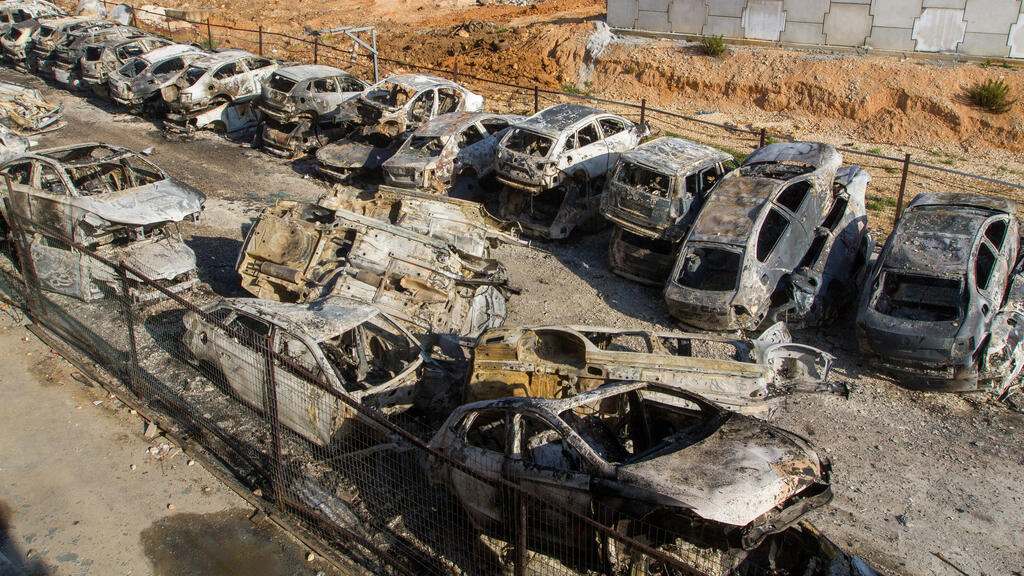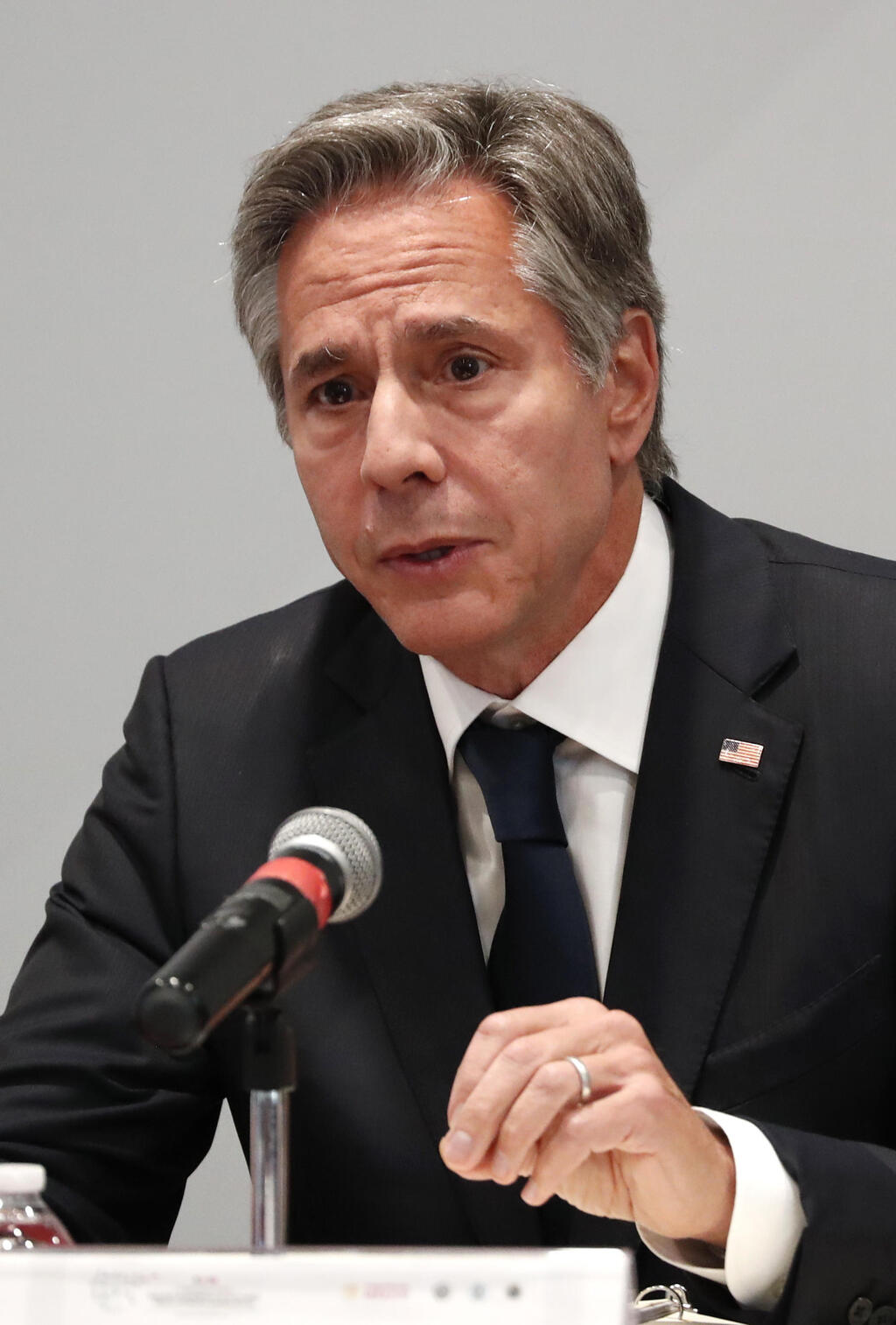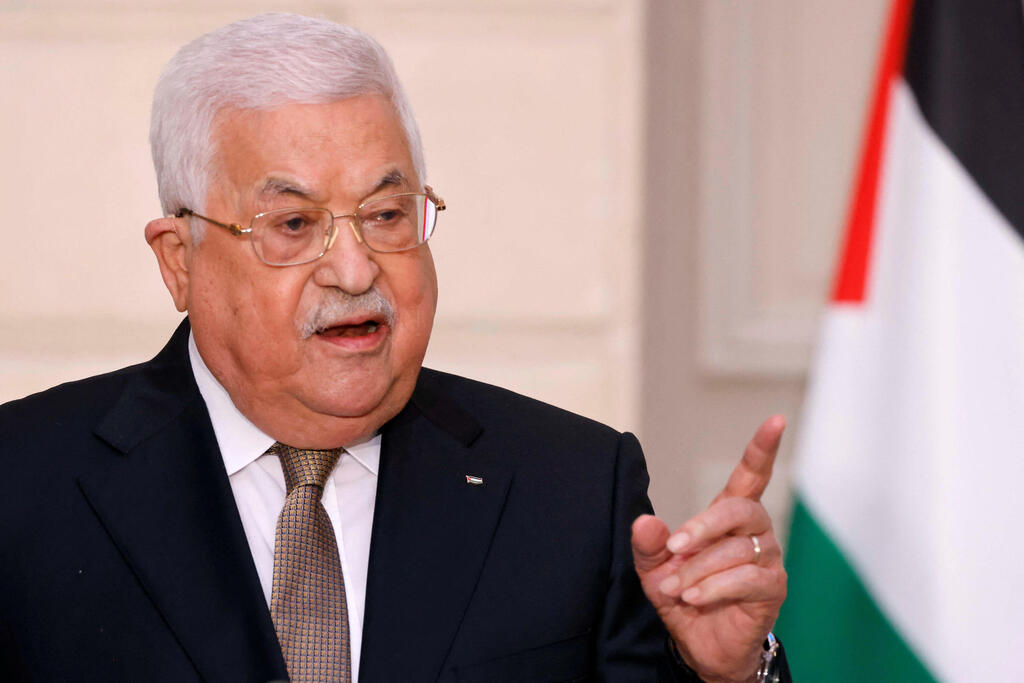The U.S.-brokered summit has barely ended with pledges to calm violence and slow Israeli settlement in the occupied West Bank when Palestinian homes were set ablaze by Jewish settlers in retaliation to a deadly Palestinian gun ambush.
Hopes for a calming effect of the meeting hosted by Jordan in the Red Sea port of Aqaba and attended by high-level Israeli and Palestinian security officials, faded further when Prime Minister Benjamin Netanyahu disavowed any notion of a halt to settlement-building.
"The Aqaba agreement was born dead," read a headline in the largest Palestinian daily, Al-Quds, after footage on social media showed young settlers praying while they watched fires in near Palestinian village Huwara, just hours after two brothers from a nearby settlement were shot dead in their car there.
On Monday, another suspected Palestinian shooting attack in the West Bank critically wounded one person, emergency services said.
The events cast doubt on Netanyahu's ability to walk a diplomatic tightrope between Washington - pushing for a lasting compromise - and his own cabinet that includes hardline settlers demanding tough action against Palestinian attacks.
Less than a month ago, U.S. Secretary of State Antony Blinken was in Jerusalem reaffirming U.S. support for a two-state solution: independence for the Palestinians in East Jerusalem, Gaza and the West Bank, which they say would be incompatible with Israeli settlements.
5 View gallery
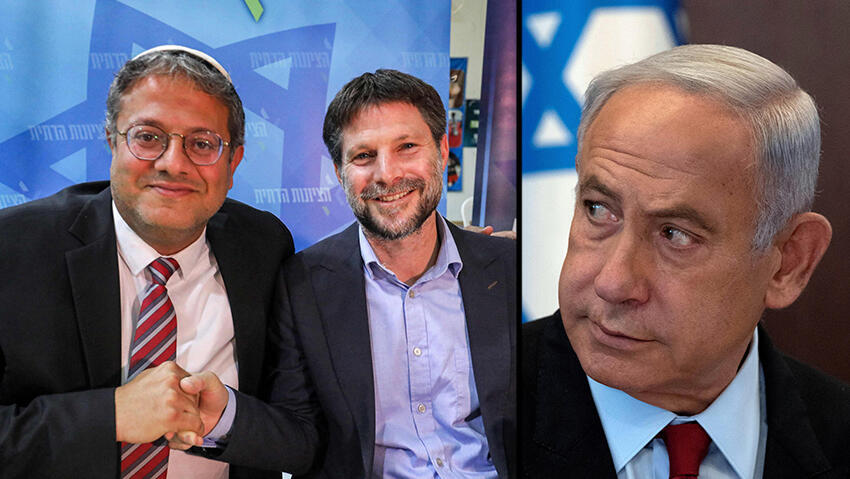

Netanyahu having a hard time controlling his far-fight coalition members
(Photo: AFP, Reuters)
If Netanyahu now let violence spiral out of control it would be another, even bigger source of friction with the White House, said Amotz Asa-El, research fellow at the Shalom Hartman research institute.
"If anything like what happened last night resumes and gives Washington reason to suspect that Netanyahu is impotent in handling it, they will talk to him very plainly", said Asa-El, adding that the White House has put pressure Israeli leaders before.
"It's now in his interest to show that he is clamping down on this kind of settler violence."
The U.S. State Department spokesperson condemned both the killing of two Israelis and the settler rampage, in which one Palestinian was killed and more than 100 wounded. The spokesperson stressed "the imperative to immediately de-escalate tensions in words and deeds".
But shortly after a U.S. State Department joint communique said Israel had committed to stop approving new settlement units for four months, Netanyahu said that settlement construction would go on as planned.
"There is not and will not be any freeze," he tweeted in an apparent nod to his hardline partners.
PRO-SETTLER PARTIES
Palestinians, alarmed since Israel's Nov. 1 election, when Netanyahu started building his coalition government with ultra-nationalist pro-settler parties Jewish Power and Religious Zionism, look to Washington to rein them in.
"The U.S administration, which fosters this government, must end all these crimes," said the spokesman for Palestinian President Mahmoud Abbas.
Itamar Ben-Gvir, the national security minister who heads Jewish Power, held a special faction meeting at a settler outpost slated for eviction because it was built without government permit.
"The terrorists should be crushed and it is time to go back to targeted killings and to eliminate the leaders of the inciting terrorist organizations," said Ben-Gvir, while calling on Israelis not to "take the law into their own hands."
Palestinian political analyst George Giacaman predicted more violence. "The main battle will be with settlers," he said.
To be effective, the Aqaba agreements would need a follow-up, said Daniel Shapiro, a former U.S. envoy to Israel and now a senior fellow at the Atlantic Council think tank. Sunday's events, he said, showed that there was "a risk that the pace of deterioration will outstrip the diplomatic efforts to reverse it".
However, Netanyahu's maneuvering room appears to be shrinking - Ben-Gvir is already issuing political threats, while Religious Zionism leader and Finance Minister Bezalel Smotrich last week consolidated his civil powers in the West Bank.
5 View gallery
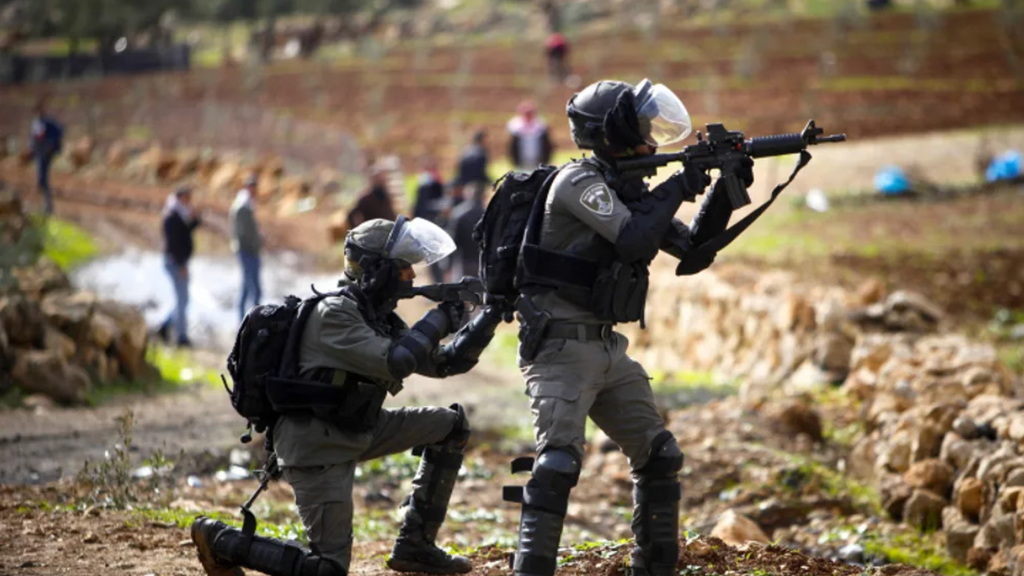

IDF special forces raids on Palestinian cities and towns embolden militants
(Photo: flash90)
So much so, that with Netanyahu's new coalition just eight weeks old, Israeli political commentators already are asking whether the veteran politician can hold it together.
"One can see the Aqaba summit as a parable: the Americans announce that Israel has promised to freeze settlement construction, which Netanyahu then denies. At those exact moments, the Jewish Power and Religious Zionism ministers attack the summit and say it is non-binding," wrote Moran Azulay, of Israel's Ynet news site.
"On the eve of the election Netanyahu was pondering the legacy he will have when he is reelected prime minister. At the moment it appears to be chaos and disintegration."


